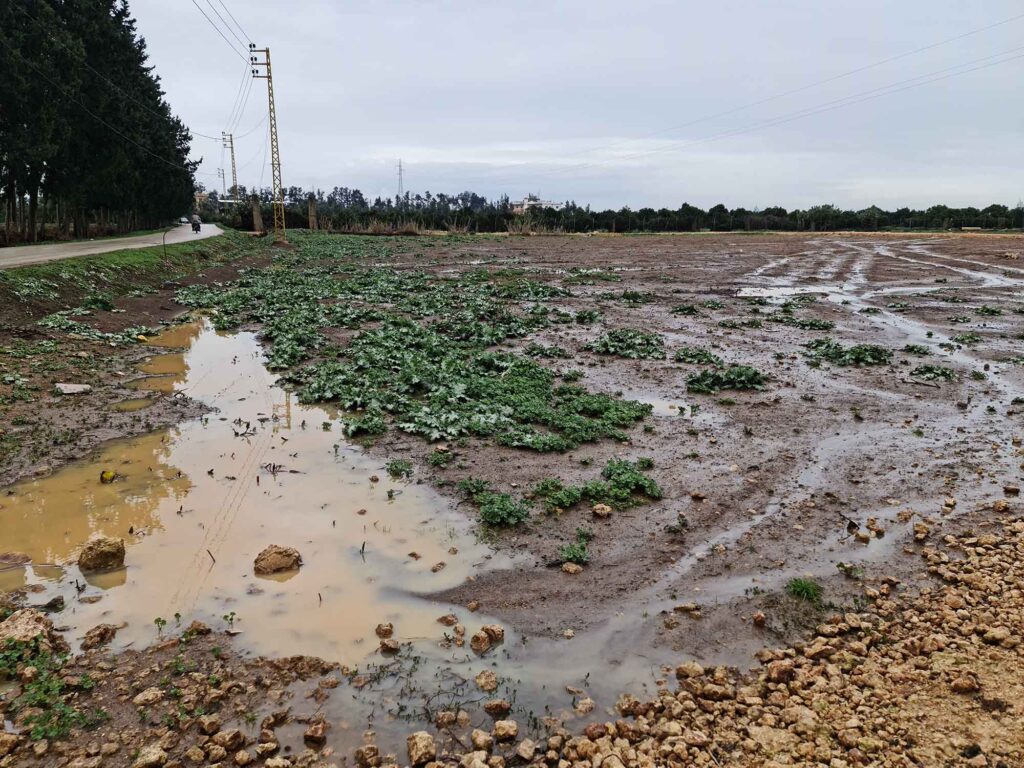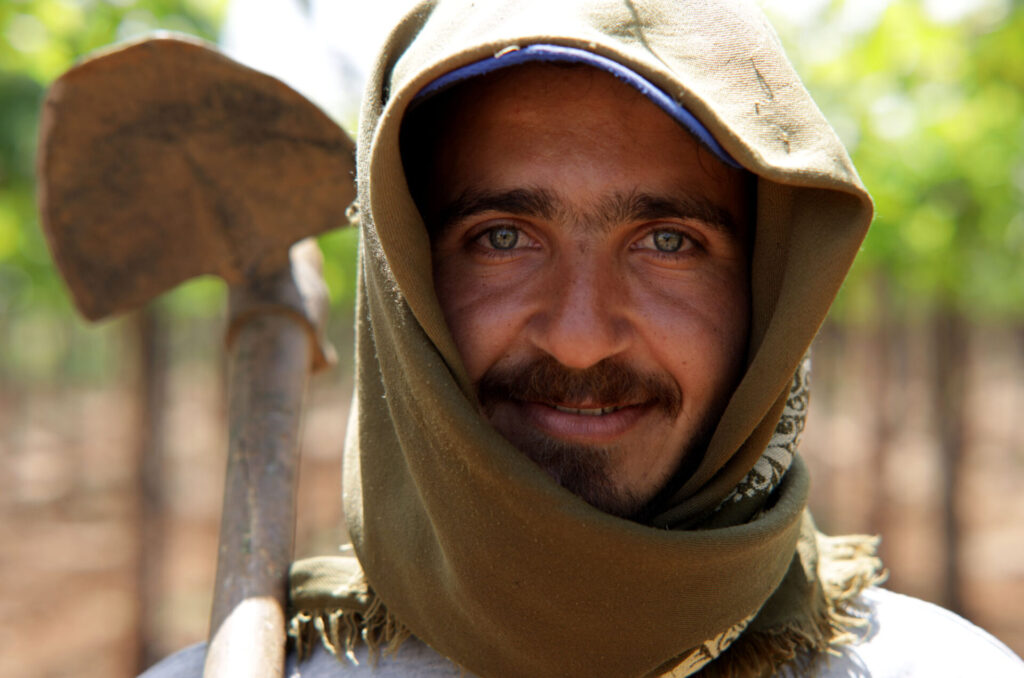Dec, 2015
It’s the children. The children always strike my heart.
I don’t know if it’s their optimism or resilience or maybe the sight of their tiny sniffling noses and naked feet, seemingly numbed to the large rocks they boldly walk across, amidst the stifling aroma of sheep excrement that they no longer notice.
The weather was unseasonably warm in late November when we arrived at a small Syrian refugee camp in northern Lebanon. Back in the U.S., people were clamoring to get the best deal on a TV or bedding set. I was a world away in a quiet field feeling callously thankful for my own blessings.
The women welcomed us to their canvas neighborhood with kind smiles, warm eyes and tired faces. The children swarmed around me, bouncing endlessly at the diversion to their day. As we walked, one young boy with several fresh scars and a smile on his face was tossing rocks at my back. It wasn’t out of anger or hatred but rather out of desperation to be noticed.
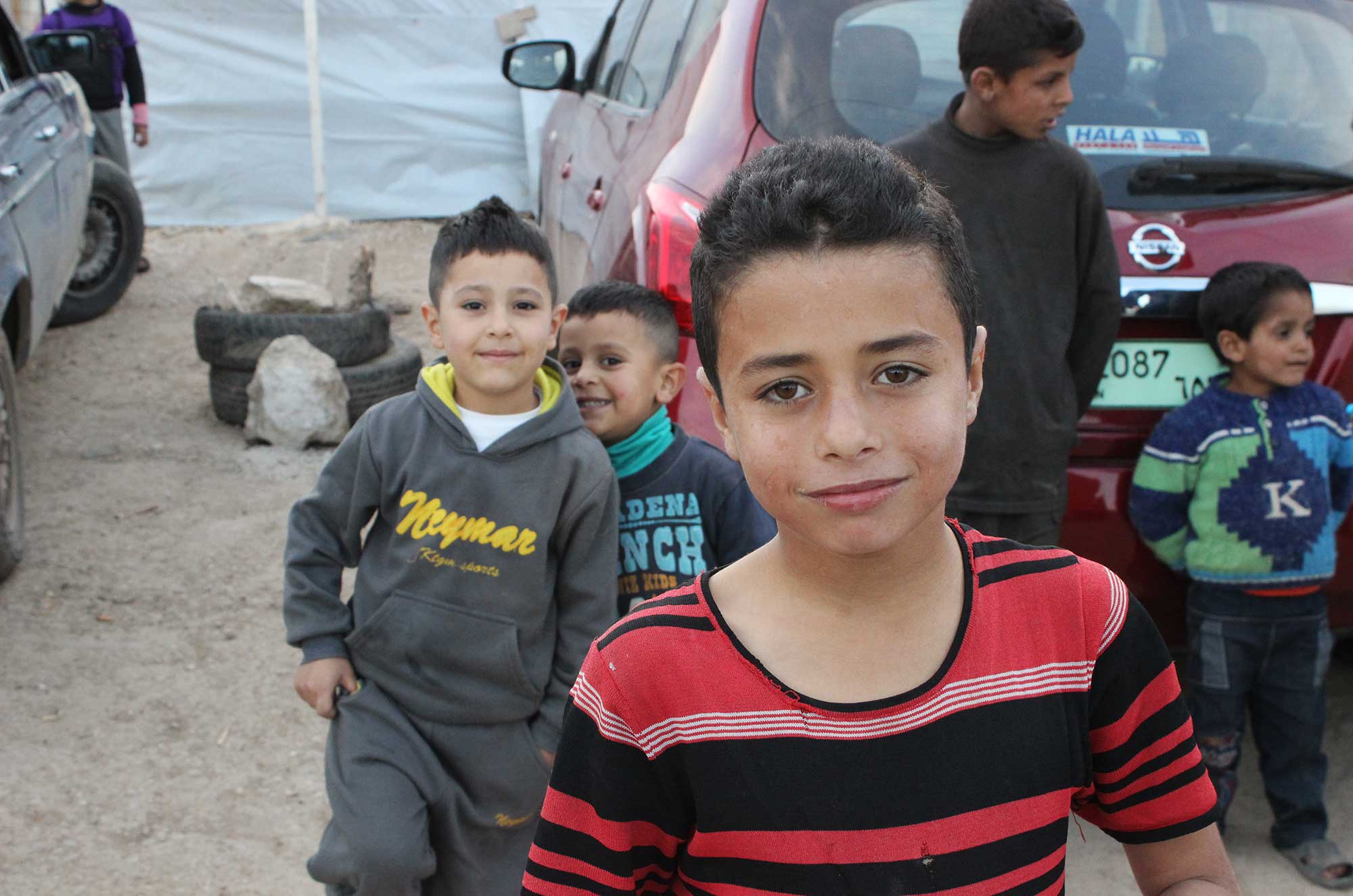

Several young girls were fighting over who could hold my hands as my team assessed the severe needs of these families. Every child seemed carefree as they peeled with laughter.
We traveled to several other camps, seeing countless makeshift tents lining the highway. More camps. More faces. More children.
The world headlines parade millions of refugees as faceless, nameless people in need of shelter as they flee atrocities at home. But here they have a face. Here they have a story that makes me ashamed to see how little the world is doing to help them.
As winter winds whip through Lebanon, the children will wake to their stagnant world in a barren field, in makeshift tents, tucked out of sight and mind of any neighboring towns. Children who were born into a war they had nothing to do with have never known what it is like to have a roof over their head that isn’t made of fabric. They rarely have shoes to keep their tiny feet warm and dry. They don’t know what it’s like to be accepted with respect and equality into a community.
These children should be in school learning to read and playing games. Sadly, this is not their reality. We are leaving generations without an education. They are growing up faster than they should and without the foundation for a successful future.
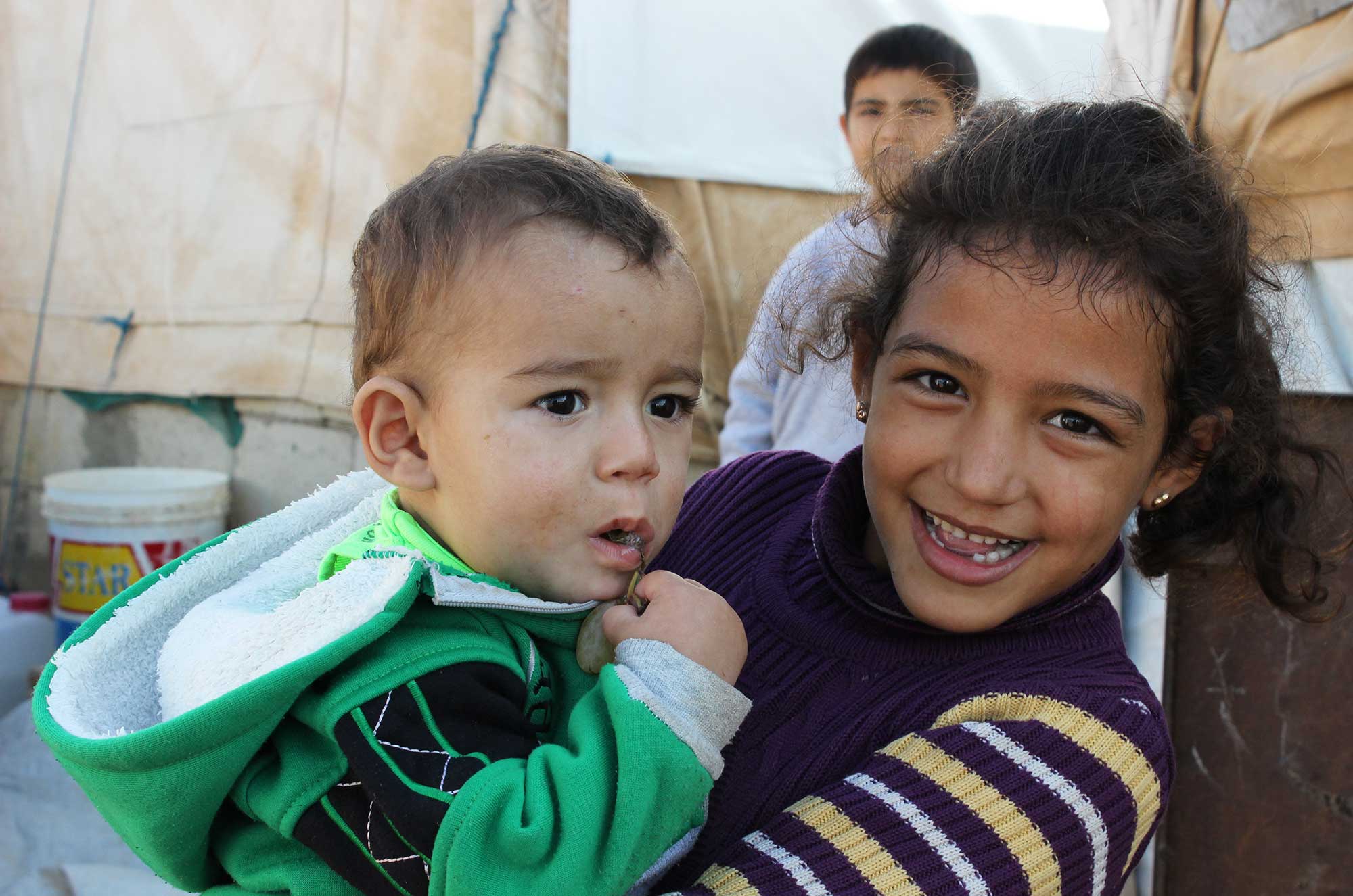

With basic interventions, their paradigm could be shifted to help stoke the embers of hope smoldering inside: shoes for the children, blankets for the family, medicines for the sick.
It’s not always possible to offer the physical stability they crave, but we can extend a helping hand that shows they don’t have to face these grim circumstances alone. We must show them we care and are reaching out to lighten their load, if even a little.
Countries across the globe are accepting some Syrian refugees, but millions of families won’t have that opportunity. They remain in Lebanon in tented settlements, evacuated when local militaries or landlords see fit. They’ll remain for a time, maybe decades or a lifetime. Their optimism and resilience will fade, their dreams lost. Rocks will be thrown, not tossed. Smiles will be hard, the eyes will be dead.
We can’t do this to a society. We must help, even just by making their homes warmer, providing psychosocial help and a safe learning environment. We can’t fail these tiny souls who will shape our future world. Their lives are as valuable as any other. It’s the children who fill my heart. It’s always the children.
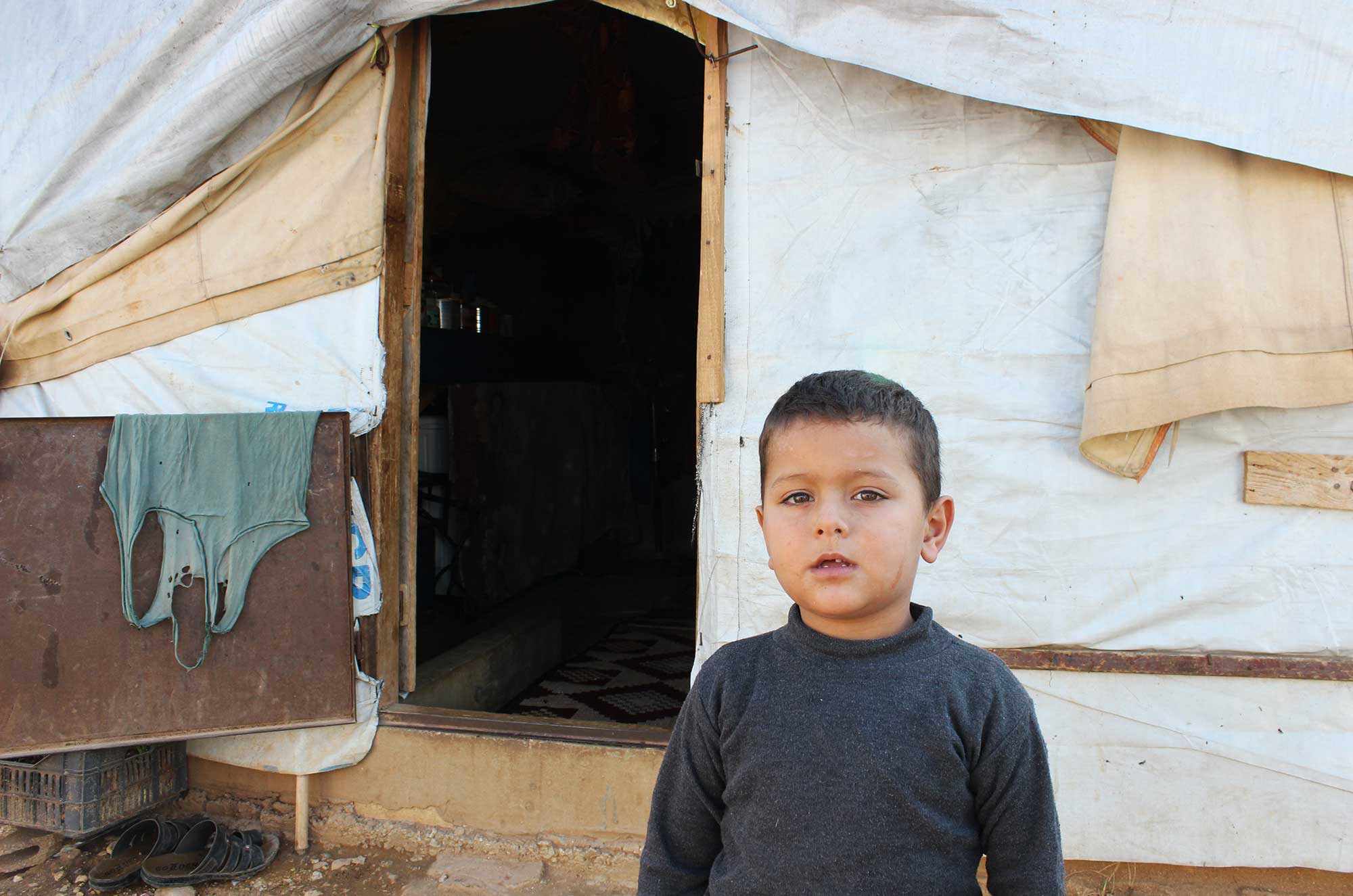

By Niki Erickson, Anera manager of operations (HQ)
This article was first published in the Deseret News.

